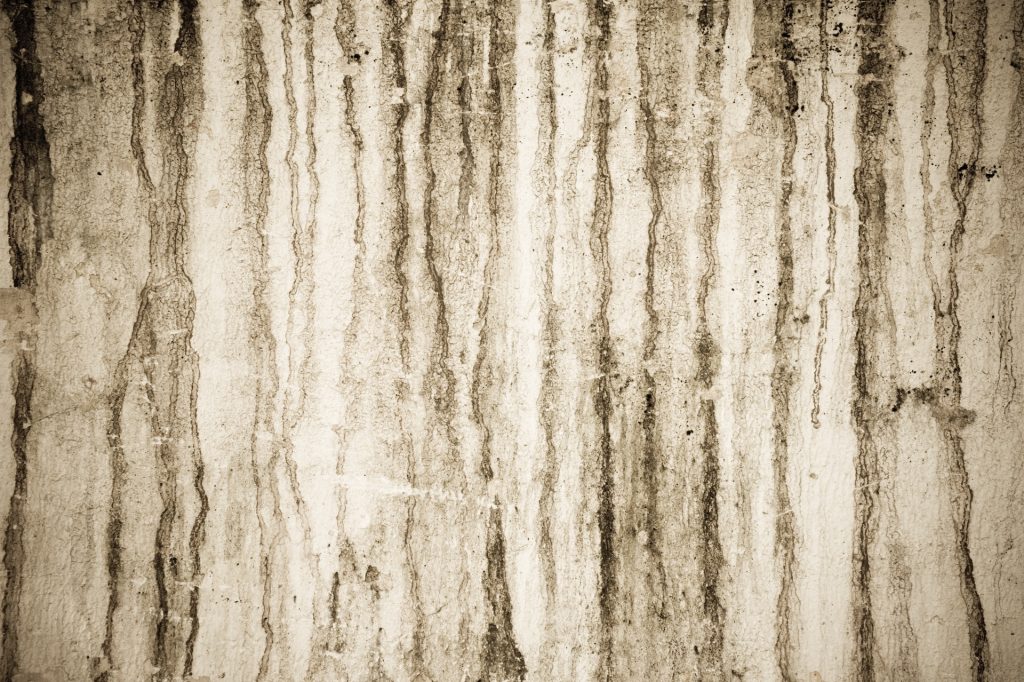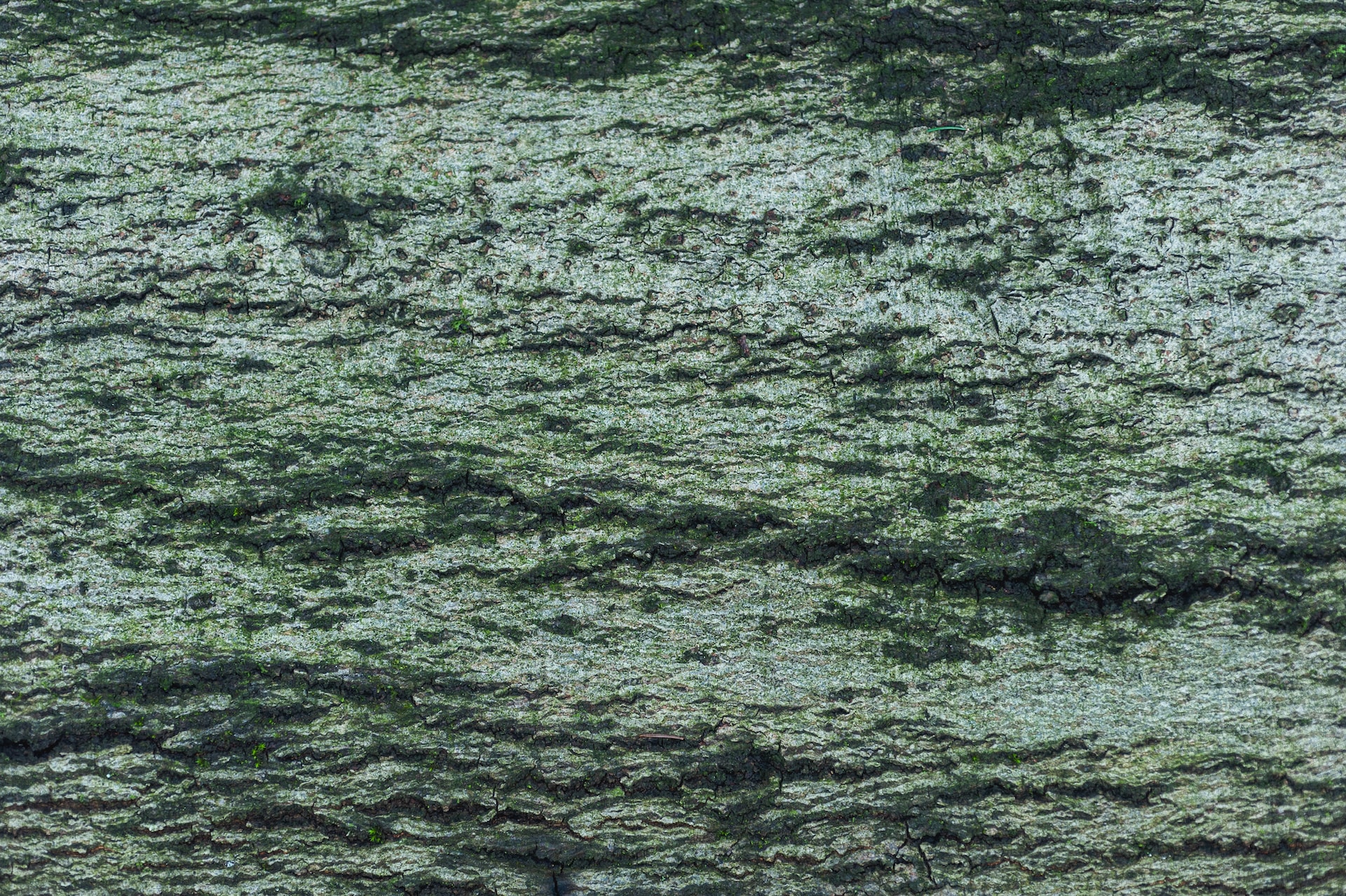Mold is a common problem in many households and can be a cause for concern. It is not only unsightly, but it can also lead to various health issues.
In this section, we will discuss what mold is, the types of mold that can grow in your home, how mold enters a house, and the effect it can have on your health. By understanding these aspects, you can take the necessary steps, like regular mold testing, to prevent mold growth in your home and protect your health.
What Is Mold?
Mold is a type of fungi that grows on various surfaces, including food, walls, and fabrics. It reproduces by releasing tiny spores into the air, settling on surfaces, and increasing with the right conditions.
Mold requires moisture, oxygen, and organic material to grow. It can appear in various colors, including black, green, white, and orange, and often has a musty smell.
Types of Mold That Grow at Home
There are thousands of mold species, but only a few are commonly seen in homes. Some of the most common household molds include:
- Aspergillus: Typically found on damp surfaces, like food and air conditioning systems, this mold can appear in various colors, such as black, green, or yellow.
- Cladosporium: Often found on painted surfaces, wood, and textiles, this mold appears as green, brown, or black spots. It can cause allergy symptoms and trigger asthma attacks.
- Penicillium: This type of mold is commonly found on water-damaged materials, such as wallpaper, insulation, and carpet, and appears as blue, green, or white fuzzy growth. Close contact can result in respiratory infections and, in some cases, toxic reactions.
- Stachybotrys chartarum: Also known as “black mold,” this toxic mold is often found on wet materials, such as drywall, wood, and ceiling tiles. It produces mycotoxins that can lead to severe health problems.
How Does Mold Get into a House?
Mold spores are everywhere – both indoors and outdoors. They can enter your home through open windows, doors, and vents or hitch a ride on your clothes, shoes, and pets.
Once inside, mold growth occurs when these spores find a suitable environment, which usually involves moisture or humidity. Common causes of excess moisture in a home include:
- Flooding or water leaks from pipes, roofs, or windows
- High humidity levels from showers, cooking, or improper ventilation
- Condensation on windows, walls, and other surfaces
- Damp materials, such as wet clothes, towels, or carpets
The Effect of Mold on Your Health
Mold exposure can lead to various health issues, depending on the mold type, the exposure level, and the individual’s sensitivity. Some common health effects of mold exposure include:
- Allergic reactions: Mold spores can trigger allergic reactions in sensitive individuals, causing sneezing, runny or stuffy nose, itchy or watery eyes, and skin rashes.
- Asthma attacks: For individuals with asthma, mold exposure can trigger asthma attacks by causing the airways to become inflamed and constricted.
- Respiratory infections: Some types of mold can cause respiratory infections, particularly in individuals with weakened immune systems or pre-existing lung conditions.
- Toxic effects: Exposure to toxic molds, such as Stachybotrys chartarum, can cause severe health problems, including difficulty breathing, headaches, nausea, dizziness, memory loss, and immune system suppression.
Don’t Ignore These Silent Intruders
Mold in your house is indeed a problem that you should not overlook. It can cause various health issues and compromise your home’s structural integrity and air quality.
To prevent mold growth, it is essential to maintain proper ventilation, fix water leaks promptly, and control humidity levels. If you suspect mold in your home, it is crucial to address the issue immediately and, if necessary, consult a professional mold remediation specialist to ensure a safe and healthy living environment.
Is there a damp odor or noticeable mold in your home that’s causing you to worry? Are you concerned about the possible health hazards associated with mold exposure?
If yes, it’s time to reach out to the experts at Clean Air Carolinas Inc. for top-notch mold remediation in Matthews, NC. Our mission is to help you enjoy fresher air in your home. Get in touch with us now to discuss your requirements and devise a plan to enhance your indoor air quality.




